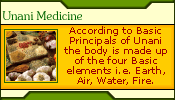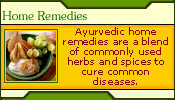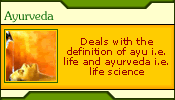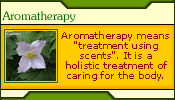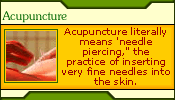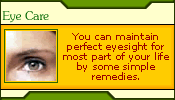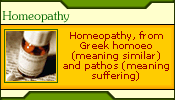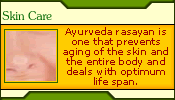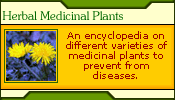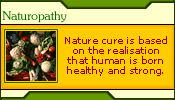|
Vitamin D is necessary for proper bone and teeth formation and
for the healthy functioning of the thyroid gland. It assists in
the assimilation of calcium, phosphorus and other minerals from
the digestive tract. This vitamin is found in the rays of the sun,
fish,milk, eggs, butter and sprouted seeds. A deficiency can cause
gross deformation of bones and severe tooth decay.
The recommended daily allowance of this vitamin for both adults
and children is 400 to 500 international units. Therepeutically,
upto 4,000 to 5,000 units a day for adult or half of this for children,
is a safe dose, if taken for not longer than one month. It is beneficial
in the treatment of muscular fatigue, constipation and nervousness.
It can be toxic if taken in excessive doses, especially for children.
Signs of toxicity are unusual thirst, sore eyes, itching skin, vomiting,
diarrhoea, urinary urgency, abnormal calcium deposits in blood vessel
walls, liver, lungs, kidneys and stomach.
Vitamin D is also referred to as calciferol and can rightly be called
the sunshine vitamin, since the body, in a sunny climate can manufacture
this nutrient from sunshine on your skin using cholesterol from
your body to do so.
Please remember that this can be achieved in about 30 minutes by
fair skinned people, while dark skinned people, because of the pigmentation
need about 3 hours to reach the same level of manufacture. The sunlight
needed for this process is pure unfiltered sunlight.
Vitamin D is required for
Vitamin D helps with increasing the absorption of calcium, assists
in bone growth and the integrity of bone and promotes strong teeth.
It also helps regulate the amount of phosphorus in the body as
well as assisting in a healthy heart and nervous system. In some
recent studies it has also shown great promise in assisting psoriasis,
the immune system, thyroid function as well as normal blood clotting.
Deficiency of vitamin D
A shortage can lead to softening of the bone and muscle twitching
and convulsions, and in children it causes rickets - resulting in
bent legs. In adults, the shortage causes loss of minerals from
the bones, (osteomalacia) where the bones are sore, tender, and
weak muscles with the possibility of deafness developing. In older
people, osteoporosis may appear when protein is also lost from the
bone. Vitamin D in short supply is also linked to having a burning
sensation in the mouth and throat, diarrhea, insomnia and visual
problems.
Dosage
The dosage underneath is the Recommended Dietary Allowance (RDA),
but be aware that this dosage is the minimum that you require per
day, to ward off serious deficiency of this particular nutrient.
In the therapeutic use of this nutrient, the dosage is usually increased
considerably, but the toxicity level must be kept in mind.
Male 400 iu, female 400 iu.
Toxicity and symptoms of high intake
Some clinical guidelines for toxicity are sometimes set as 5,000
to 10,000 iu per day to cause toxicity, but other researchers place
the value much higher to reach toxicity. You are however advised
to keep your supplement intake to no more than 600 iu per day. Having
too much vitamin D in your system could leave a too elevated calcium
level, a lower appetite, increased thirst, nausea, vomiting, drowsiness,
abdominal pain. A long-term effect of too much vitamin D is the
deposit of calcium in soft tissues of the body including the blood
vessel walls and kidneys where it can cause serious damage.
Best used with
Check to have vitamin A around this vitamin as well as calcium
and phosphorus.
When more may be required
When you are very seldom exposed to sunlight, or if you always
wear sunscreens with a SPF factor higher than 8, you might need
extra vitamin D. This is also the case if you are on a strict vegan
diet and older people are also advised to check their level of vitamin
D. People with compromised kidneys or liver are at risk of too little
of this vitamin, since the kidneys and liver are required to activate
this vitamin in processes taking place in those organs.
Other interesting points
Vitamin D is also classified as a hormone by certain people.
Food sources of vitamin D
Vitamin D is present in fatty fish like kipper, sardines, salmon,
tuna and mackerel, liver, egg yolk and butter. Smaller amounts are
also present in dark leafy vegetables.
|



